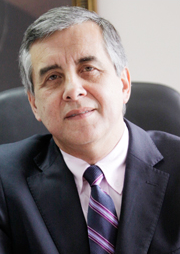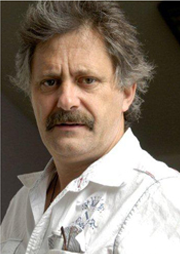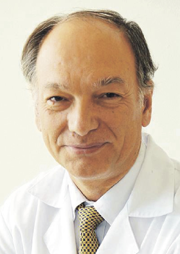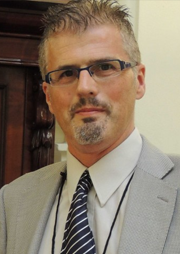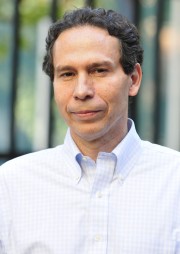SERGIO LAVANDERO Research line: Metabolism and Director Cardiovascular signaling ACCDiS | University of Chile | e-mail slavandero@accdis.cl
Sergio Lavandero is a Chilean researcher with national and international recognition. Is currently Professor Dela Faculty of chemical and pharmaceutical sciences and the Faculty of medicine, University of Chile. He is also adjunct professor in the Division of Cardiology, University of Texas Southwestern Medical Center (Dallas, Texas) and he serves as Director and senior researcher at the Center for advanced chronic diseases (ACCDiS ). Dr. Lavandero has published 205 articles journals indexed international (total citations: 8.562;h-index: 39). Their investigations have been supported by FONDECYT projects, Anillo, FONDAP and international collaboration. It integrates the editorial committees of Am J Physiol Endocrinology journals & Metabolism and Cell Death & Diseases and has been a reviewer tod hoc of prestigious international journals and national and international agencies that support scientific research. He has directed 70 memories of undergraduate, 63 and 7 master's doctoral thesis as also to 10 post-doc researchers. Their most important administrative positions have been: President and CEO of biology in the Superior Council of science, CONICYT, President of the Chilean society of Biochemistry and Molecular Biology, Member of the Council for evaluation and Vice-Rector of research of the University of Chile. He is currently a member of the Chilean Academy of Sciences.

